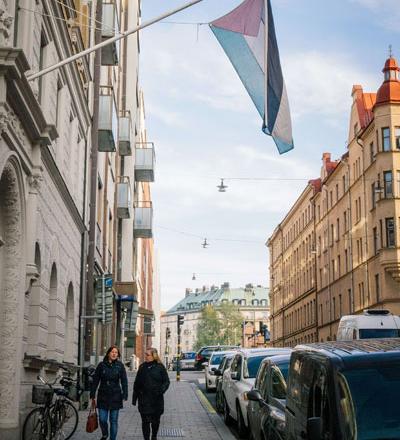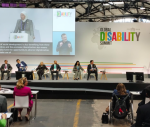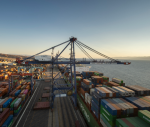You are here
Europe examining ways to press Israel over settlements — diplomats
By Reuters - Oct 14,2014 - Last updated at Oct 14,2014
OCCUPIED JERUSALEM — European officials are looking at new ways to press Israel to halt its building of settlements on land the Palestinians want for a state, as frustration over the construction programme reaches a new high, European diplomats say.
The discussions are at an early stage, but officials say the European Union may look at stopping Jewish settlers convicted of crimes from visiting the EU and could examine the fine print of a free-trade agreement, although there is no talk of sanctions.
A series of steps by Israel in recent weeks, including the seizure of 1,000 acres of land near the Palestinian town of Bethlehem and plans to build 2,600 settler housing units near Jerusalem, has angered the European Union, the United States and the United Nations, fuelling calls for a response.
Israel has regularly said its settlements are legal and an Israeli government official told Reuters on Tuesday Europe would be better off putting pressure on the Palestinians to live up to their obligations and recognise the legitimacy of Israel.
The EU has already imposed restrictions on loans to Israeli scientific institutions that operate in the occupied West Bank and is moving ahead with plans to label products made in Jewish settlements. But further steps are now being considered.
"No one is talking about imposing trade sanctions on Israel," said one EU country's ambassador to Israel. "But there is a very high level of frustration and there are many instruments at our disposal to make that frustration clear."
Another senior diplomat described Europe's patience as "wearing thin", with political sentiment shifting.
That shift was partly reflected in Sweden's decision to recognise Palestine as an independent state this month and a non-binding vote in the British parliament on the same issue on Monday.
EU foreign ministers meet in Luxembourg on October 20, though it was not yet clear whether Israel will be discussed.
While many of the EU's 28 member states have profound concerns about Israel's settlement policies, the country also has many staunch EU defenders. It is far from certain that there would be unanimous support for action against Israel.
An Israeli official said Europe was misguided. "By focusing ony on one issue and only on Israel, they are not doing the Palestinians a favour and they are definitely not playing as productive a role as they could do in peace talks," he said.
"Europe could be much more productive in its engagement if its messages to the Palestinians were that it's time for them to fundamentally accept the legitimacy of the Jewish state," said the official, who asked not to be named.
Palestinians hope to make a future state in Gaza, the West Bank and East Jerusalem. They accuse Israel of building settlements to strengthen its claim on territories captured in the 1967 Middle East War.
European diplomats and other officials mentioned several areas where the bloc could bring pressure to bear, including by strictly applying regulations contained in the Association Agreement signed between the EU and Israel in 1995.
That agreement sets out a very specific framework for free trade in goods, services and capital, presaging everything on "respect for human rights and democratic principles".
Article 83 of the agreement makes clear that it only applies to the territory of the state of Israel, which one official said raised questions about how you deal, for example, with Israeli banks which operate on occupied land that the EU does not consider to be part of the state of Israel.
"I'm not saying we should stop dealing with Israeli banks, but it's an issue that has been raised and some would say we need to look at it in more detail," said the ambassador.
Another measure being considered by the European Commission is to draw up a list of Israeli settlers who have been convicted of crimes and ban them from entering the EU, one official said.
"The paperwork has been done but it is frozen for now," said the official. "It is basically a blacklist of violent settlers who have been accused of or convicted of crimes. It would prevent them from travelling to Europe."
Such a step would probably only affect 100 to 200 people, and it might prove complicated to impose since some of those likely to be blacklisted also have European passports, but it would send a strong message that the EU means business, he said.
Related Articles
The Swedish government officially recognised the state of Palestine on Thursday and said there were signs European Union states would follow its lead.
UNITED NATIONS, United States — Israel has ignored a United Nations resolution demanding it halt settlement unit building in the occupied Pa
WASHINGTON — US Secretary of State John Kerry warned Saturday about the consequences of any collapse of the Palestinian Authority, saying it
















